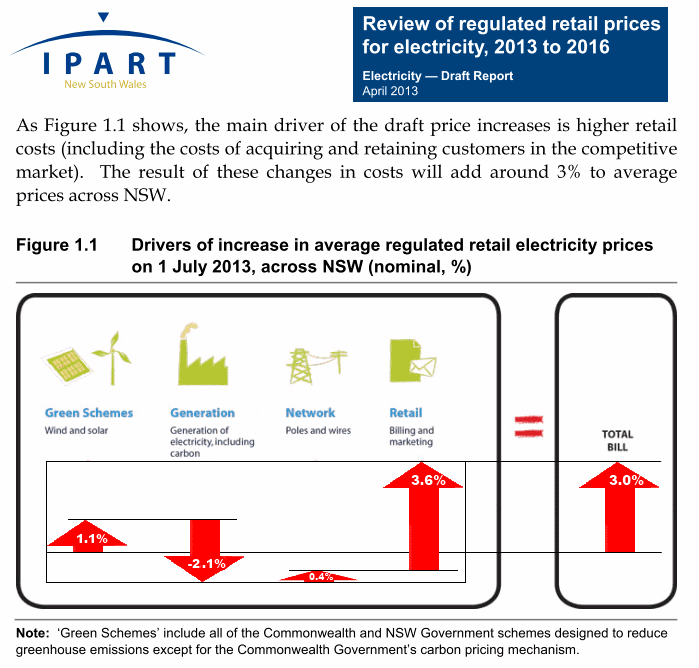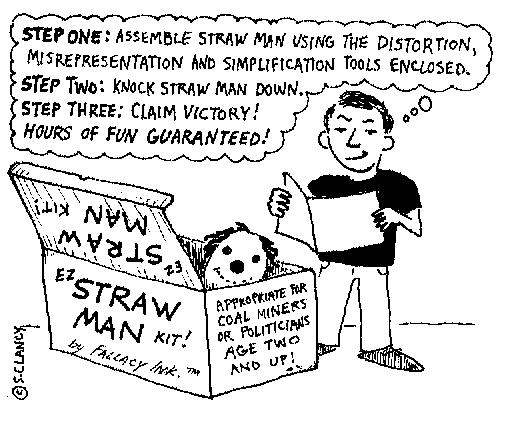Attempts to access this story had been unsuccessful throughout April.
(Error message: Oops! Google Chrome could not find www.kentucky.com)
The original can be accessed (on May 3, 2013): Old plays won't save coal but a carbon tax could
The cached copy is reproduced below -
Published: March 31, 2013 Updated 6 hours ago

|
Bob Inglis, who directs the Energy and Enterprise Initiative,
is a former Republican member of Congress
from South Carolina. |
By Bob Inglis
Coal built our economy but its future is grim — unless we find an alternative to EPA regulation of heat-trapping gases like CO². If we can clean it up, coal can be a useful resource for years to come. If we can't, it will ultimately become much less valuable.
Strange as it may sound, that's why the CEO of one of the world's largest coal companies is in favor of a carbon tax. Marius Kloppers figures that BHP Billiton has hundreds of years of coal in the ground in Australia. The problem is that his biggest customer, China, may tire of breathing dirty air. If they do and if the Chinese innovate around coal, BHP's inventory could be reduced to a 20- or 30-year salable commodity. So BHP wants to push coal up the technology curve.
Some U.S. coal companies are also investing in the long-term viability of America's most abundant energy resource. They're rightly asking for and are conducting research on carbon capture and sequestration (CCS). If CCS could be combined with coal gasification technologies, it's possible that water vapor would be the only emission from coal-fired plants. That's a bold future — the kind of future that CEOs like Kloppers want to bring about.
The standard play is to try to slow the inevitable. And nowhere is it more standard than in Washington, D.C. The Environmental Protection Agency is under orders from the Supreme Court to regulate CO² as a pollutant under the Clean Air Act. The EPA has drafted CO² regulations for new coal plants. Soon, EPA plans to regulate CO² from existing coal plants. When it does, coal will lose, quickly, to competitors like natural gas. This regulatory scenario gives coal no time to innovate.
The standard line from coal state representatives is, "Let's get together and try to stop those regulations." It's the same play textile states attempted when the rest of the country decided it liked cheaper, imported clothes. It's the same play tobacco states tried when the rest of the county decided to quit subsidizing smoking.
When something becomes inevitable — like the pricing of carbon — there's little to be gained from simply slowing government regulation. Endless litigation and aggressive congressional oversight may delay the onset of regulations but, like textiles and tobacco, the writing's on the wall.
Bluster may provide some cover to elected officials representing coal-dependent constituents, but it won't secure their constituents' future. Coal needs a different series of plays.
For coal, the right kind of CO² tax would be far better than pending CO² regulation. A well-planned and fair carbon tax would give coal time — time to try CCS, time for domestic users of coal-fired power to continue manufacturing here rather than moving production to non-CO² regulated countries, and time to continue exporting coal, tax-free.
The very different play for coal might look like this: Tax carbon upstream at the mine and at the pipeline. Pair that new carbon tax with a dollar-for-dollar reduction in other taxes so we don't grow the government and families have more money to cope with higher energy prices. Repeal Clean Air Act regulations that would be made redundant by the price on carbon. Make the new carbon tax border-adjustable so that it's removed on exports and imposed on imports.
The border-adjustable feature is critical in two ways. First, coal from the U.S. wouldn't be priced out of foreign markets because the U.S. carbon tax would be removed on export. Second, manufacturers who use coal-fired power in the U.S. would have level CO² costs with their foreign competitors. CO² pricing here wouldn't cause them to move their factories to a non-CO²-priced countries because imports would be taxed equally on CO² content.
Sometimes we find that something we've been doing for years has consequences we never envisioned. Years ago, who knew smoking caused cancer? Tobacco companies fought the inevitable conclusion of the research, but they ultimately lost. Now, some of the same people — literally some of the same people — are fighting the inevitable conclusion of chemistry and physics and the effects of greenhouse gasses. They will lose. Coal could lose with them.
Coal states have the opportunity to call the next series of plays. There's something better than "Up the middle, up the middle, up the middle, punt."
Related links:
Bob Inglis’ plan proposes market-based climate change solutions, like fuel taxes and subsidy cuts










